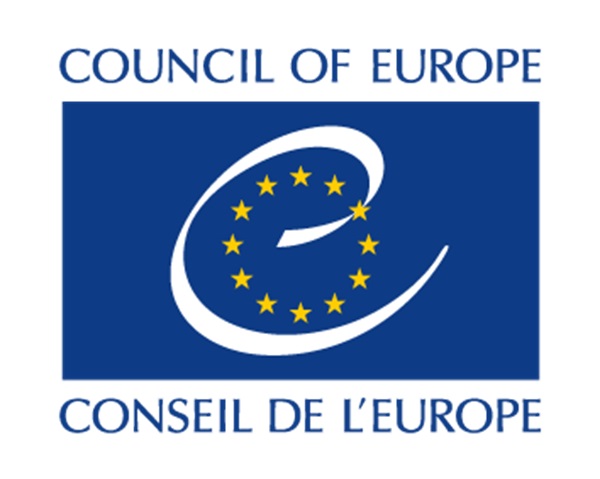
The European Committee of Social Rights (ECSR) recently released its evaluation of various nations' adherence to the European Social Charter's provisions regarding Children, Family, and Migrants for the year 2023.
The European Social Charter, part of the Council of Europe treaty, guarantees essential social and economic rights alongside the European Convention on Human Rights. It covers areas such as employment, housing, health, education, social protection, and welfare.
During the assessment process, the ECSR adopted 799 conclusions: 415 conclusions of conformity with the Charter and 384 conclusions of non-conformity, concerning the following state parties: Andorra, Armenia, Austria, Azerbaijan, Bosnia and Herzegovina, Croatia, Cyprus, Czechia, Denmark, Estonia, Georgia, Germany, Hungary, Latvia, Lithuania, Luxembourg, Malta, the Republic of Moldova, Montenegro, the Netherlands, the Netherlands Aruba, the Netherlands Curaçao, North Macedonia, Norway, Romania, Serbia, the Slovak Republic, Slovenia, Spain, Sweden, Türkiye, and the United Kingdom.
Concerns were raised regarding child protection laws, particularly regarding child labour and the protection of children from digital exploitation and abuse. The ECSR recalls that exceptions concern children employed in prescribed light work, which does not entail any risk to their health, moral welfare, development or education. The daily and weekly duration of such work for children under the age of fifteen was excessive in several State Parties, permitting beyond six hours a day and 30 hours a week during school holidays. In addition, the Committee found in certain States Parties that children still subject to compulsory education were not guaranteed two consecutive weeks of rest during school holidays.
The Committee lamented that, in the context of the right of children to be protected against physical and moral dangers within and outside the working environment, many countries failed to report on different issues, the most common of which was on the protection of children from all forms of violence, exploitation and abuse in the digital environment, in particular sexual exploitation and abuse and solicitation for sexual purposes (grooming).
Additionally, issues were identified regarding maternity leave and benefits for employed women, equal treatment in family benefits, legal protection for families facing eviction and the availability of social housing.
Concerning the rights of employed women to maternity leave and to employment benefits, the ECSR found the main grounds of non-conformity to be related to inadequate protection against dismissal whilst pregnant or on maternity leave and to ceilings on the amount of compensation that may be awarded in the event of unlawful dismissal.
Concerning the right of the family to social, legal and economic protection, the Committee noted that in several countries, equal treatment of nationals of other State Parties regarding the payment of family benefits is not ensured. This is due to the excessive length of residence requirement and to the fact that family benefits do not cover a significant number of families. In addition, the Committee also expressed concern about the weak legal protection of people/families threatened with eviction.
The Committee also noted a failure to gather data on the average waiting time for the allocation of social housing, as well as inadequate supply of social housing, ineffective remedies for excessive waiting times for social housing, or discrimination as regards access to social housing.
Moreover, the Committee concluded that in certain countries there was inadequate protection regarding the reconciliation of the working and private life for both women and men and that the periods of absence from work of workers with family responsibilities are not considered pensionable.
Nevertheless, the ECSR noted positive developments concerning legislation aimed at helping to bring perpetrators of domestic violence to justice. In some countries, victims and survivors of domestic violence are entitled to a specific paid leave to deal with the issues resulting from domestic abuse. Also, there were positive developments in many countries concerning co-operation between social services of emigration and immigration states.
The ECSR found that, although there has been progress in some areas and efforts to bring the situation into conformity, among other issues, the gender pay gap, the housing for Roma, health care discrimination, and inclusive education for children with intellectual disabilities remain persistent problems for which measurable progress needs to be achieved to bring the situation in those countries into conformity with the Charter.
The ECSR emphasised the importance of continued efforts to fully align with the European Social Charter's provisions, ensuring the protection and advancement of social rights for all citizens.








